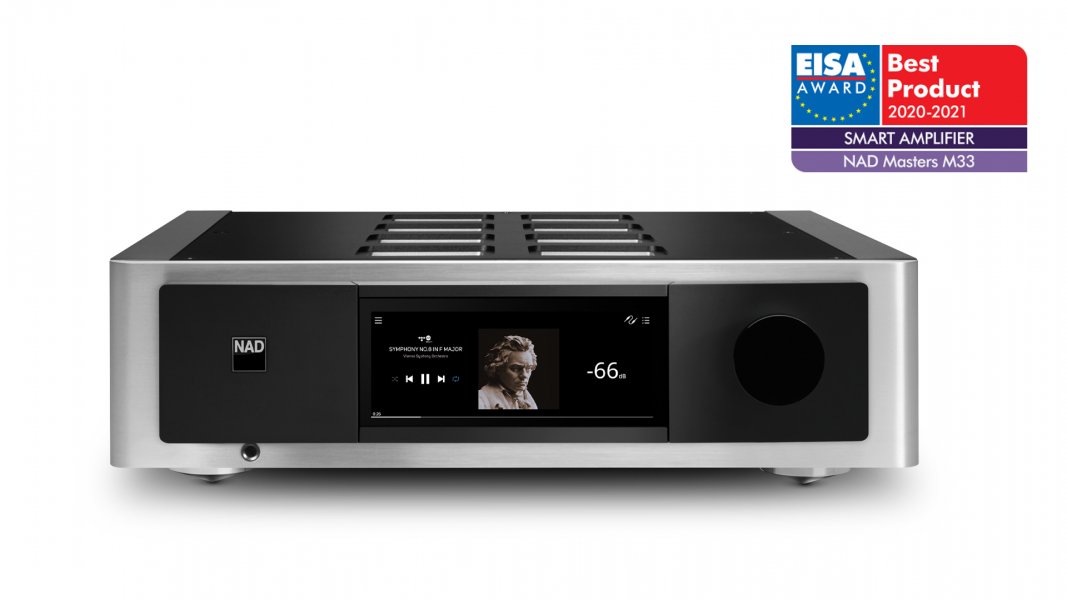OK, we know what streamers are for, but what do they actually do and how do they do it?
In their simplest form, as far as I can see, they are connected to the big internet in the sky via your router (or a hard drive-stored library of music files) and they miraculously get that source to send it packages of data and irons it out into a beautifully smooth and constant stream of digital data that is fed to the next device - the DAC.
Is that basically it? If not, what have I misinterpreted or is there anything else a basic streamer does? I’m talking about a simple digital-out only streamer.
What makes one streamer better than another? Is its task as complex as say a DAC? I presume not as it handles digits only.
If it’s as simple at that, why do some streamers cost hundreds of times the cost of others? That’s apart from fancy cases, power supplies, sockets, etc that one would expect in a mega-bucks streamer.
Also, what should we look for in selecting our streamer? Is it really just its control app that makes for a great streamer?
I ask these simplistic questions because I'm considering replacing my all-in-one for an “all-in-two” consisting of streamer and digital integrated amp and I need to understand the aspects of my existing all-in-one that may be improved by buying something “better”. I understand how its DAC and amp can be improved upon, but what makes a worthwhile difference with streamers?
I’ve only really owned 2 streamers - my original Sonos ZP90 / Connect and one that’s built into my Master Series NAD. Both offer extremely good and user-friendly control apps and I refrained from upgrading from the Sonos until I found a streamer with a better control app than Sonos.
Is the control app pretty much the main consideration in choosing a streamer? If so, I may stick with my NAD’s streamer with its great app and buy a digital amp to do the rest. This could be the Mark Levinson 5802, Hegel H390, Copland CSA150 or other suitable alternative.
Or should I buy a “better” streamer such as Auralic, Lumin, Aurender or Rose? How can I convince myself that these streamers (let’s ignore their other features such as DACs) will actually sound better? Do any of these offer as good / user-friendly apps as BluOS and canthey be used on Windows PC, iPad and Android devices?
Thanks for any enlightening advice.
In their simplest form, as far as I can see, they are connected to the big internet in the sky via your router (or a hard drive-stored library of music files) and they miraculously get that source to send it packages of data and irons it out into a beautifully smooth and constant stream of digital data that is fed to the next device - the DAC.
Is that basically it? If not, what have I misinterpreted or is there anything else a basic streamer does? I’m talking about a simple digital-out only streamer.
What makes one streamer better than another? Is its task as complex as say a DAC? I presume not as it handles digits only.
If it’s as simple at that, why do some streamers cost hundreds of times the cost of others? That’s apart from fancy cases, power supplies, sockets, etc that one would expect in a mega-bucks streamer.
Also, what should we look for in selecting our streamer? Is it really just its control app that makes for a great streamer?
I ask these simplistic questions because I'm considering replacing my all-in-one for an “all-in-two” consisting of streamer and digital integrated amp and I need to understand the aspects of my existing all-in-one that may be improved by buying something “better”. I understand how its DAC and amp can be improved upon, but what makes a worthwhile difference with streamers?
I’ve only really owned 2 streamers - my original Sonos ZP90 / Connect and one that’s built into my Master Series NAD. Both offer extremely good and user-friendly control apps and I refrained from upgrading from the Sonos until I found a streamer with a better control app than Sonos.
Is the control app pretty much the main consideration in choosing a streamer? If so, I may stick with my NAD’s streamer with its great app and buy a digital amp to do the rest. This could be the Mark Levinson 5802, Hegel H390, Copland CSA150 or other suitable alternative.
Or should I buy a “better” streamer such as Auralic, Lumin, Aurender or Rose? How can I convince myself that these streamers (let’s ignore their other features such as DACs) will actually sound better? Do any of these offer as good / user-friendly apps as BluOS and canthey be used on Windows PC, iPad and Android devices?
Thanks for any enlightening advice.

Last edited by a moderator:






